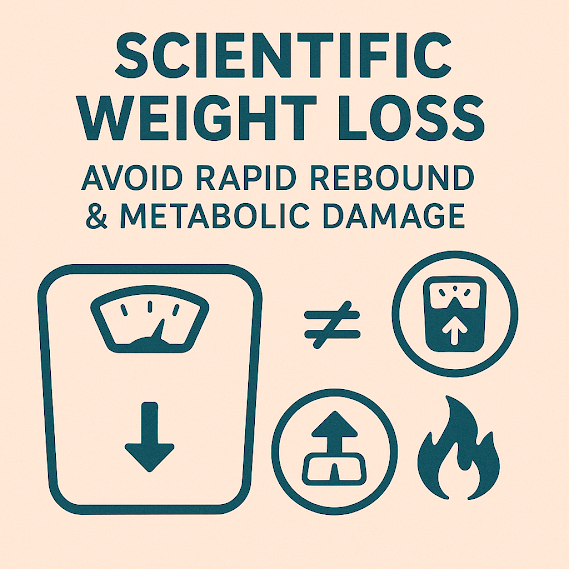The Truth About 4 Overhyped Diets: More Harm Than Good
"April no weight loss, June full of regret"—as summer approaches, many rush to shed pounds. But extreme methods can backfire. Recently, a Gen-Z woman developed fatty liver from crash dieting, sparking widespread concern. Let’s debunk four trendy diets that promise quick fixes but risk your health.
1. Ketogenic Diet (High Fat, Low Carb)
Claims: Forces the body to burn fat by cutting carbs, inducing ketosis.
Reality:
- A study in Frontiers in Nutrition found ketogenic diets less effective for weight loss in females and linked to side effects like hair loss, constipation, hormonal imbalances, and fatigue.
- Long-term high-fat intake raises cardiovascular risks (hypertension, atherosclerosis) and fatty liver disease.
- While some lose weight short-term, results vary widely.
2. Meal Replacement Products
Claims: "Convenient, filling, and nutritious" shakes/bars to cut calories.
Reality:
- Most products lack balanced nutrition, leading to deficiencies in protein, vitamins, and minerals.
- Very low-calorie diets (<1,200 kcal/day) risk muscle loss, weakened immunity, and rebound weight gain.
- Safe weight loss requires a 500–600 kcal deficit with nutrient-dense foods, not processed substitutes.
3. Enzyme Supplements
Claims: "Fat-burning enzymes" block fat absorption.
Reality:
- Enzymes (e.g., lipase) are proteins destroyed by stomach acid, rendering them useless when ingested orally.
- These supplements often lack scientific backing and exploit pseudoscience.
4. Bigu (Grain-Free Fasting)
Claims: Ancient Taoist practice of fasting or eating herbs to "detoxify" and burn fat.
Reality:
- Wang Yongjian, Deputy Director of Xi’an Nutrition Society, warns: Prolonged fasting starves organs, damages metabolism, and increases disease risks.
- Anecdotal "success stories" are exceptions; most face fatigue, organ stress, and nutritional deficiencies.
Science-Backed Weight Loss Strategies
WHO Guidelines:
- Aim for 0.5–1 kg/week loss to minimize health risks and rebound.
- Diet Tips:
- Prioritize veggies, whole grains, lean proteins.
- Reduce added sugars and saturated fats.
- Eat slowly, stop at 70% fullness.
- Exercise: 150 minutes/week of moderate activity (walking, swimming, cycling).
Key Takeaways:
- Avoid extreme diets: They harm more than help.
- Sustainable weight loss requires patience, balanced eating, and regular movement.
- Consult professionals before adopting restrictive regimens.
Don’t fall for trendy traps—prioritize health over shortcuts!











Comments
Post a Comment